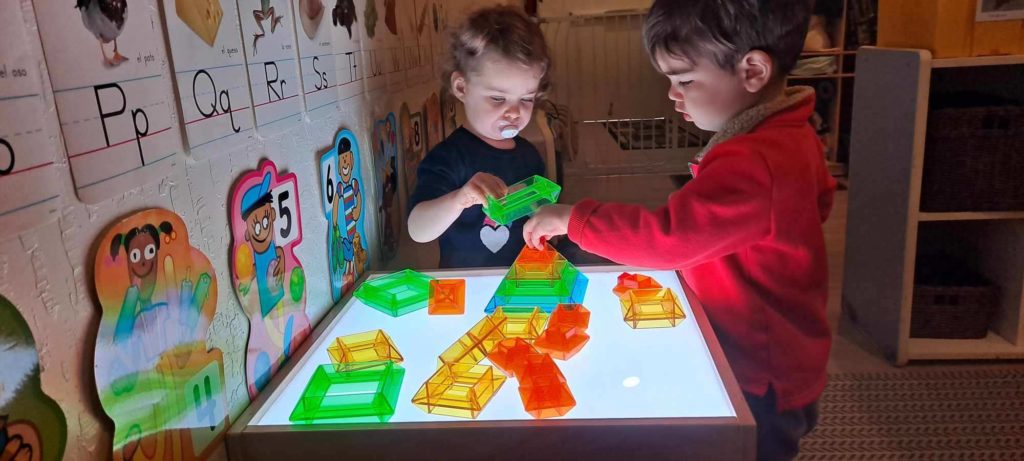Children with bilingual brains are more confident, develop better friendships, and perform better in English class. But what about kids who learn three languages during early childhood development?
New research from the University of Tokyo suggests ‘multilinguals’ have even greater neurological skills than those who know only two languages. When someone has mastered a third language, it’s easier to learn a fourth, or fifth, or sixth because of something called the “cumulative-enhancement model of language acquisition.” And with it comes life advantages like a high-paying career and the chance to travel the world.
What the Research Reveals About Multilingualism
Researchers discovered brain differences between those who knew a second language and those who had learned a third, with portions of the left-frontal lobe more active in the multilingual volunteers. These participants understood the content and meaning of sentences better than the bilingual volunteers because of advanced neural capabilities.
“For multilinguals, the pattern of brain activation is similar to that for bilinguals, but the activation is much more sensitive and much faster,” says Professor Kuniyoshi L. Sakai, a world-renowned neuroscience expert.
Further Language Learning
Multilingualism requires command of different vocabularies, word sounds, grammar rules, and sentence structures than bilingualism. So it’s a challenge at first. But after learning a third language, mastering additional languages becomes an easier prospect because of the cumulative-enhancement model of language acquisition.
“Bilinguals only have two points of reference,” adds Sakai. “Multilinguals can use their knowledge of three or more languages in their brains to learn another new one.”
Other research also reveals the benefits of learning more than two languages, such as advanced decision-making skills, greater cognitive flexibility, and a better understanding of how language (and the world) works. Then there are lifestyle advantages associated with multilingualism, such as high-paying careers and travel opportunities.
It seems the possibilities are endless for preschoolers that learn a third language like Spanish.
Final Word
Research suggests that multilinguals find it easier to acquire language skills, and these skills bring all kinds of benefits. If your preschool child already speaks a second language, consider a third language like Spanish for even greater success in life.
KSS Immersion Preschool is a language immersion preschool where children aged 2-6 can learn Spanish as a third language. Learn more about enrolling your child at KSS Preschool in San Jose, Oakland, Walnut Creek or Albany!
